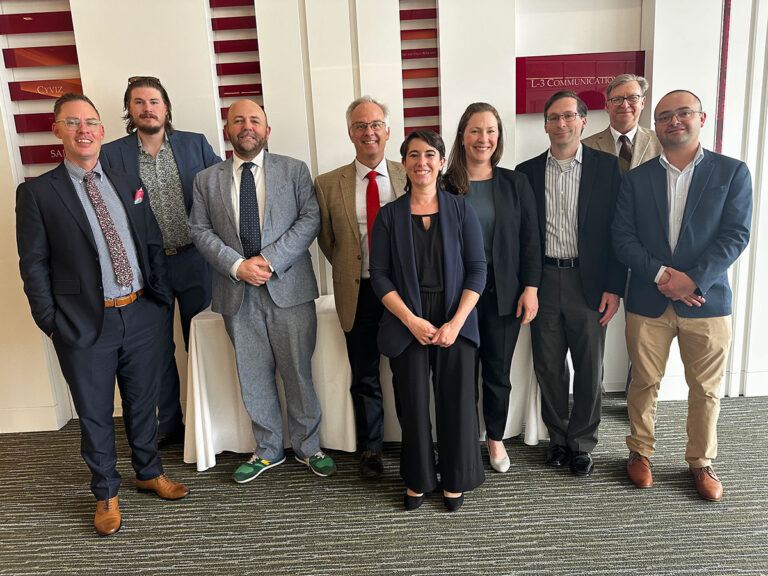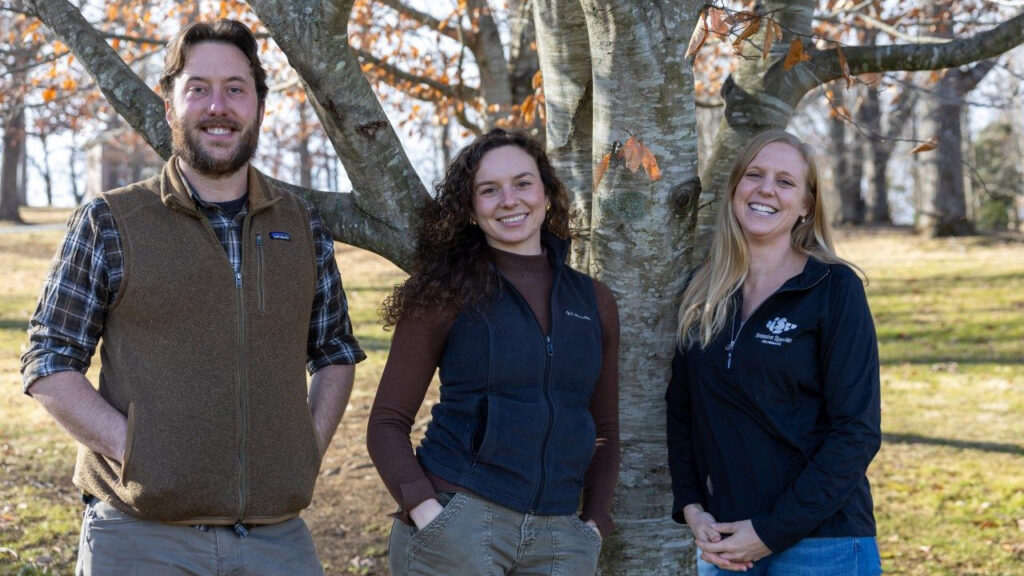





Invasive species cause dramatic changes to ecosystems, and can contribute solely or alongside other drivers to extinction events.
Populations of native species can be directly affected by invasive species through predation, herbivory, and disease, and indirectly affected through resource competition and habitat alteration. For instance, plant invasions can impact carbon and nitrogen cycles and alter fire regimes.

Buffelgrass (Cenchrus ciliaris)

Invasive species significantly impact local, national, and global economies.
The annual cost of biological invasions was estimated to exceed $423 billion globally and $21 billion in the United States. Spongy moth, zebra mussel, feral pig, citrus canker, red imported fire ant, brown tree snake, and leafy spurge are some of the most financially damaging invasive species in the U.S. and its territories.

Brown Tree Snake (Boiga Irregularis)

Invasive species negatively impact human health by infecting humans with new diseases, serving as vectors for existing diseases, or causing wounds through bites, stings, allergens, or other toxins.
The spread of novel diseases and pathogens is closely tied to the movement of human activities. People and goods now travel quickly around the world and can carry uninvited species and their distinct microbiomes with them.

Asian tiger mosquito (Aedes albopictus)

Invasive species adversely affect the production of food and fiber crops worldwide.
Vegetative invasive species can reduce crop and timber yields due to fast growth, high seed production and dispersal ability, and a broad tolerance of environmental conditions. Invasive insects and other animals commonly consume desirable food and fiber crops. Feral hogs, for instance, are one of the most damaging species in the U.S. and are estimated to be responsible for $2.5 billion in annual damage to the agricultural sector.

Feral swine (Sus scrofa)

ISWG was awarded a Destination Area 2.0 Phase II grant enabling us to further our mission.
Invasive Species Collaborative was recently awarded a Destination Area 2.0 Phase II grant which will enable us further our mission to combat invasive species.
This funding will enable ISC to further their mission to combat invasive species, a global threat that jeopardizes health, economic stability, and environmental security.



Meet The Team
The Invasive Species Collaborative was awarded a competitive university-wide investment to address the complex global problem of invasive species through transdisciplinary science, engagement, and education. This multi-year investment includes the hiring of several new tenure-track faculty across campus and a range of transdisciplinary activities.
We're Hiring!
Featured news from Virginia Tech

January 22, 2026

December 2, 2025



